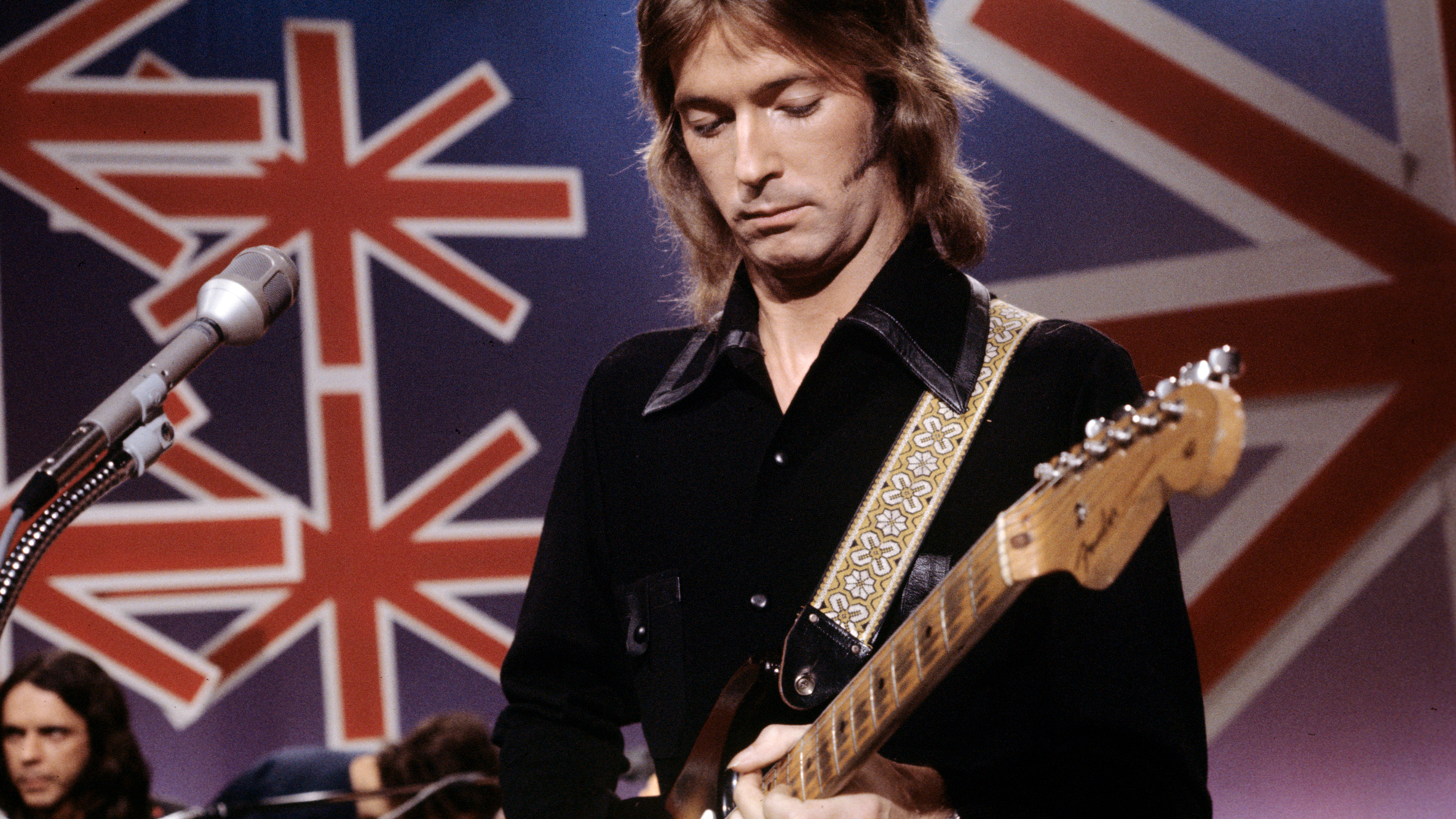
“Clapton is God.” It's one of those essential pieces of guitar hero lore. Someone so moved by guitar prowess that they scrawled the name of the virtuoso in question on a wall – a figure in the town square telling passersby of messianic musical exploits that must be seen to be believed.
Musical divinity is a hell of a thing to throw on anyone, especially someone that young – he was around 20 at the time the scrawl appeared – but to hear him tell it, Eric Clapton was ready at least in some ways for the label.
What's indisputable is the seriousness with which the budding guitarist took his playing. Clapton had made his name initially with the Yardbirds, before quitting in a huff in early 1965 due to For Your Love, a smash hit for the band that he felt was lightweight.
Much more Clapton's speed were John Mayall's Bluesbreakers, a band of traditionalists he joined later that year who gave him the space he needed to showcase the style that would make him the guitar god as told in the street signage – a meatier, speedier take on the piercing blues guitar leads of the likes of Buddy Guy, Freddie King, and Otis Rush.
But what of the “God” characterization?
Perhaps unsurprisingly, given his 60+ years in the public eye, Clapton has had different answers over time to the question of how he felt about being made a legend so publicly that early in his career.
In a 2016 chat with Louder, for instance, Clapton said he was more puzzled by it than anything, also citing it as “a real cross to bear” that he “didn’t really want.”
I was so deadly serious about what I was doing. I thought everyone else was either in it just to be on Top of the Pops or to score girls or for some dodgy reason
Speaking to Guitar World in 1994, however, the guitar legend struck a very different tone.
“I thought it [the graffiti] was quite justified, to be honest with you,” he told GW with a laugh. “I suppose I felt that I deserved it for the amount of seriousness that I’d put into it.”
Aligning with the dismissive attitude he had towards the commercial success of the Yardbirds, Clapton continued, “I was so deadly serious about what I was doing. I thought everyone else was either in it just to be on Top of the Pops or to score girls or for some dodgy reason. I was in it to save the fucking world!
“I wanted to tell the world about blues and to get it right. Even then I thought that I was on some kind of mission, so in a way I thought, ‘Yes, I am God; quite right.’”

Now, those of you have some distance from being 20 – whether it be 5 years or 50 – will probably agree that we should maybe give the guitarist a bit of leeway. After all, he was the first to admit, later on, the ego involved in such feelings.
“My head was huge!” he admitted to GW three decades later. “I was unbearably arrogant and not a fun person to be around most of the time, because I was just so superior and very judgmental.”
In his chat with Louder 20 years on later, Clapton expressed his theory that the whole graffiti thing was a farce anyway.
“When we played with The Yardbirds at the Crawdaddy club, there was a guy worked for [Yardbirds manager] Giorgio Gomelsky, and his name was Hamish Grimes. A very sweet guy,” he explained.
“It was his job before we came on to stand on the stage and work up the crowd. And we just thought, ‘I don’t know why we need this, we can wind up the crowd.’ But the management thought it was necessary. So this guy would get them all clapping or yelling.
“I’ve always suspected that he was the one who went out there with a pot of paint and a brush and painted that on the wall,” Clapton concluded. “I really doubt that it was a genuine fan.”







